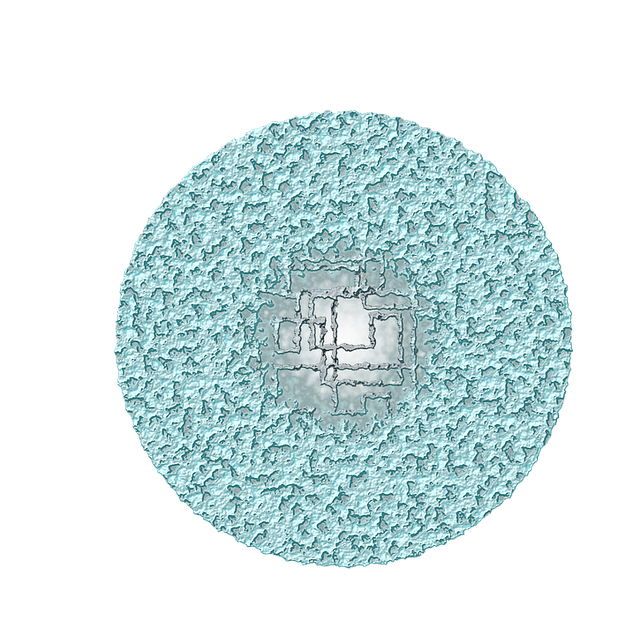Muscle soreness after intense workouts, especially delayed onset muscle soreness (DOMS), can be managed effectively without resorting to illegal substances like kratom, which is prohibited in Utah. Customized workout plans tailored to individual needs, including age, fitness level, and geographical location, offer a safe and targeted approach to recovery. Legal alternatives to kratom include stretching, foam rolling, proper hydration, and consulting fitness professionals for personalized exercise routines, all of which have proven effective in relieving post-workout muscle aches without the legal complexities associated with kratom use in Utah.
In today’s active world, muscle soreness is a common affliction, impacting performance and overall well-being. Understanding the causes behind this post-exercise discomfort is key to finding effective relief. This article explores a comprehensive strategy for managing muscle soreness through customized workout plans tailored to individual needs. We delve into the science behind muscle recovery, offering insights on natural remedies like Kratom (while considering its legal status in Utah), and providing practical alternatives for a holistic approach to pain management.
- Understanding Muscle Soreness and Its Causes
- Customized Workout Plans: A Holistic Approach to Relief
- Kratom and Muscle Soreness: The Legal Considerations and Alternatives
Understanding Muscle Soreness and Its Causes

Muscle soreness is a common post-workout sensation, typically felt 24-72 hours after intense or unfamiliar physical activity. This delayed onset muscle soreness (DOMS) is characterized by a dull, aching pain that can range from mild to debilitating. It’s caused by microscopic tears in muscle fibers and subsequent inflammation as the body works to repair and rebuild. These micro-traumas occur during exercises that challenge muscles beyond their normal range of motion, such as heavy lifting, high-intensity interval training, or trying a new sport. While DOMS is a natural response indicating muscle adaptation, it can be quite uncomfortable. Interestingly, in some states like Utah, where kratom use is legal, individuals might turn to this herbal supplement for relief from muscle soreness and other pain conditions. However, the effectiveness of kratom for this purpose varies greatly among users, and its legality should never be overlooked.
Customized Workout Plans: A Holistic Approach to Relief

Customized workout plans offer a holistic approach to muscle soreness relief, tailored to individual needs and recovery capabilities. Unlike one-size-fits-all routines, these plans consider various factors like age, fitness level, underlying health conditions, and even geographical location – a detail that’s often overlooked but crucial, especially in places where certain substances like kratom are illegal, such as Utah. A personalized regimen can include specific exercises, rest periods, and intensity levels designed to heal and strengthen muscles without causing further strain.
This tailored method recognizes that everyone recovers differently, ensuring the right balance between activity and recovery for optimal results. By focusing on a person’s unique needs, customized workout plans foster faster and more effective muscle soreness relief, promoting overall well-being in a safe and legal manner – even in jurisdictions like Utah where kratom use is prohibited.
Kratom and Muscle Soreness: The Legal Considerations and Alternatives

Kratom, a natural extract derived from the Kratom plant, has gained attention for its potential benefits in relieving muscle soreness. However, it’s essential to approach this topic with caution, especially considering the legal considerations. In Utah, kratom remains largely illegal, with strict regulations prohibiting its sale and possession, making it a complex issue for those seeking natural remedies.
Those looking for alternatives to alleviate post-workout aches should focus on evidence-based practices. Incorporating stretching routines, foam rolling, and adequate hydration can significantly reduce muscle soreness. Additionally, consulting with fitness professionals or trainers who can design personalized exercise plans tailored to individual needs is a legal and effective strategy for managing discomfort and promoting recovery.
In conclusion, while Kratom has been explored as a potential aid for muscle soreness relief, its legality varies across states, including being kratom illegal in Utah. For effective and safe solutions, customized workout plans offer a holistic approach to addressing post-exercise discomfort. By tailoring exercises, intensity, and recovery strategies, these plans provide targeted relief without the legal or health risks associated with alternative remedies. Understanding the causes of muscle soreness empowers individuals to make informed decisions for faster and lasting recovery.














